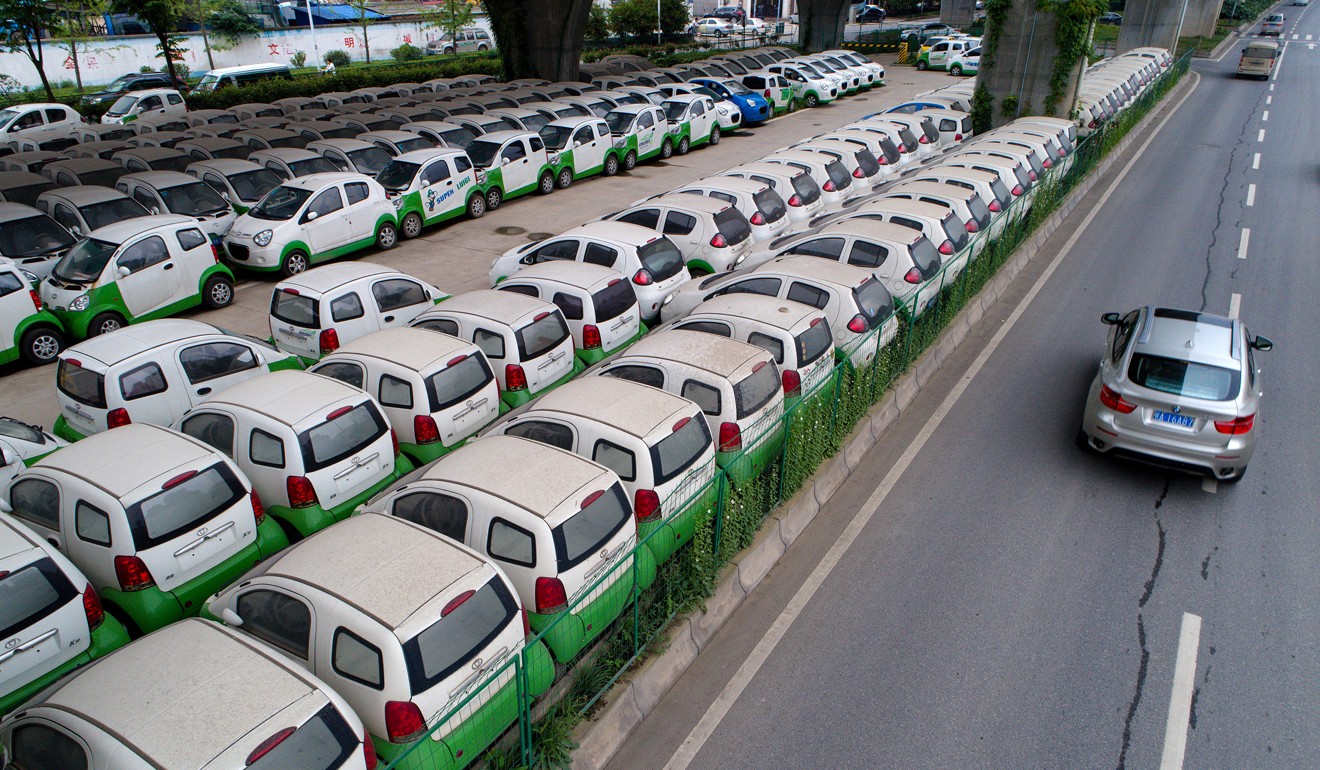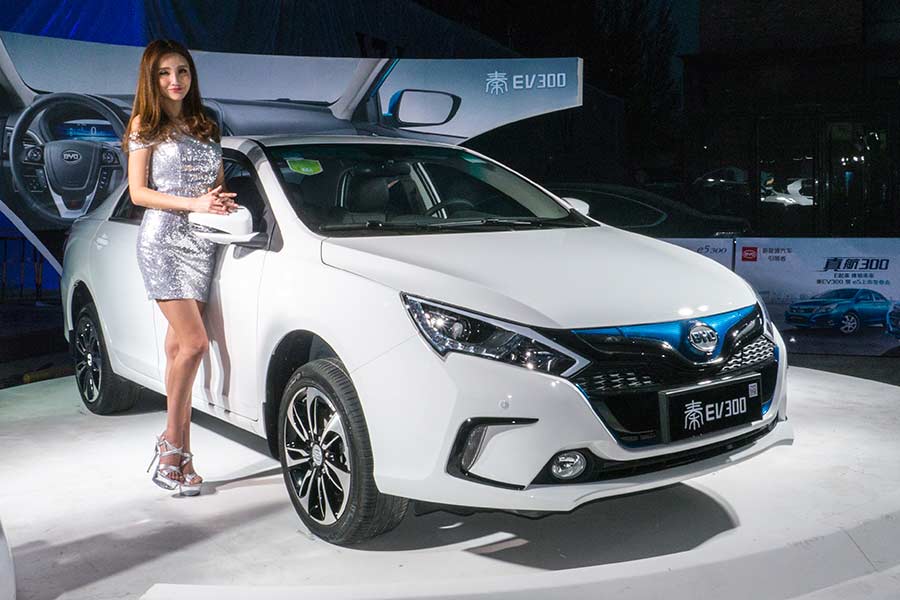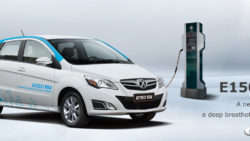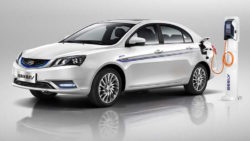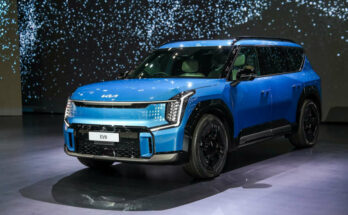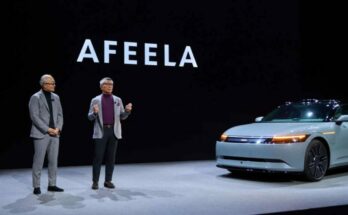China is increasing subsidies for electric vehicles (EV) that can travel farther on a single charge, while also making it more difficult for battery-powered vehicles to qualify for any new incentives under a central government plan.
The central government incentive for EVs with a range of 400 kilometers (249 miles) and beyond on a single charge has been raised to 50,000 yuan (PKR 8.7 lac) from current 44,000 yuan, the finance ministry said in a statement Tuesday. At the same time, vehicles must be able to go at least 150 kilometers on a single charge to be eligible for incentives, up from 100 kilometers before.
Related: Top 10 Best-Selling Electric Vehicles in 2017
Incentives have been key to making EVs more affordable in China, helping the market pass the U.S. as the world’s biggest in 2015. The Chinese government is leaning toward letting provinces continue with local subsidies for EVs to sustain the rising demand for new-energy vehicles in the country, Bloomberg reported.
The new rules, which took effect Monday, also cut subsidies by varying degrees for cars with a driving range of less than 300 kilometers, according to the statement. Separately, only EVs with battery energy density above 105 watt-hours per kilogram are eligible for the subsidies under the new rule. The threshold was raised from 90 watt-hours per kilogram.
The government also cut subsidies by as much as half for buses that qualify as new-energy vehicles, depending on the length and nature of the powertrain.
BYD and other Chinese automakers including BAIC and Anhui Zotye have benefited from subsidies given by China as the nation tries to encourage production of less-polluting vehicles.
Chinese Batteries in Non-Chinese EVs or Else No Subsidies
Furthermore, automakers producing EVs in China are required to equip their cars with batteries that are made in China. Late in 2017, China’s Ministry of Industry and Information Technology (MIIT) announced its targets for green vehicle subsidy payouts for the 12th time in 2017. Electric cars equipped with batteries produced by Korean companies were omitted from the list. MIIT selected 251 models of electric vehicles and plug-in hybrids (PHEV) from 95 companies, but electric cars equipped with batteries produced by LG Chem, Samsung SDI, and other Korean companies reportedly were omitted from the list.
Hyundai and Kia, which attempted to launch the New Uiedong Electric and the K5 PHEV, respectively, containing LG Chem batteries have been badly affected by the policy. Now due to the suspension of subsidy payment, the companies delayed their launches for about a year. The Korean automakers will launch the models again this year with batteries from China’s CATL.
Related: NIO Officially Launches the ES8 7-seat Electric SUV
Subsidies for EVs are a prerequisite for success of Chinese EV manufacturers. For Chinese electric car makers, subsidies make up more than half of the price of the vehicle. If companies cannot receive government aid, they simply cannot expect to sell them. To summarize:
- China is requiring that EVs made in China will require Chinese batteries in order to secure government subsidies.
- China is also requiring that EV manufacturing plants set up in China require a JV (joint venture) with a Chinese firm.
- Chinese EV battery manufacturers are moving to make comparable batteries to Tesla’s Panasonic battery.
- These headwinds, coupled with Tesla’s financial woes, could nix the company’s plans to build a Gigafactory in China.

A computer animation professional with over 23 years of industry experience having served in leading organizations, TV channels & production facilities in Pakistan. An avid car enthusiast and petrolhead with an affection to deliver quality content to help shape opinions. Formerly written for PakWheels as well as major publications including Dawn. Founder of CarSpiritPK.com

